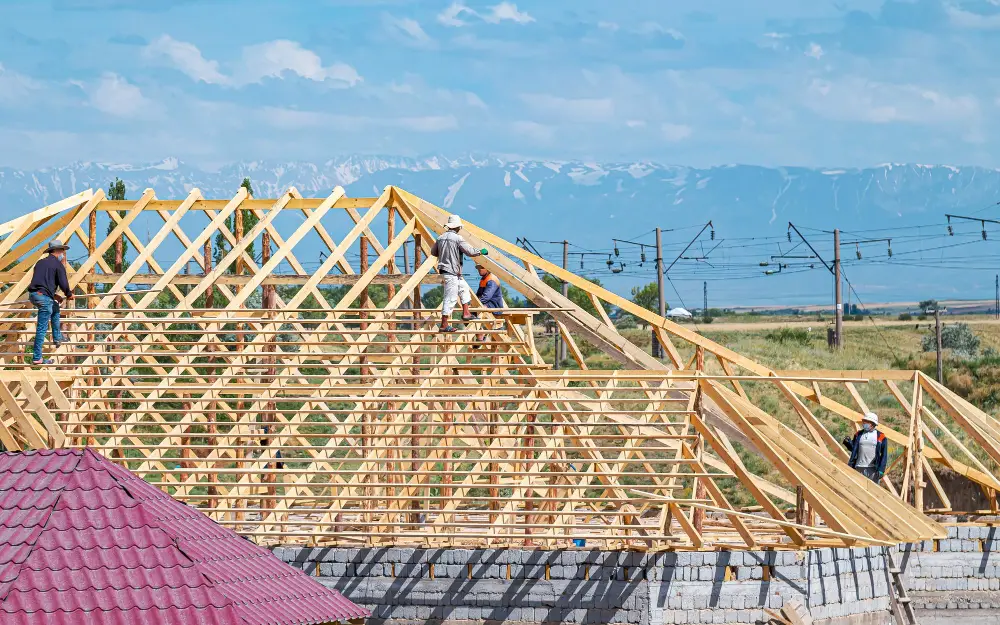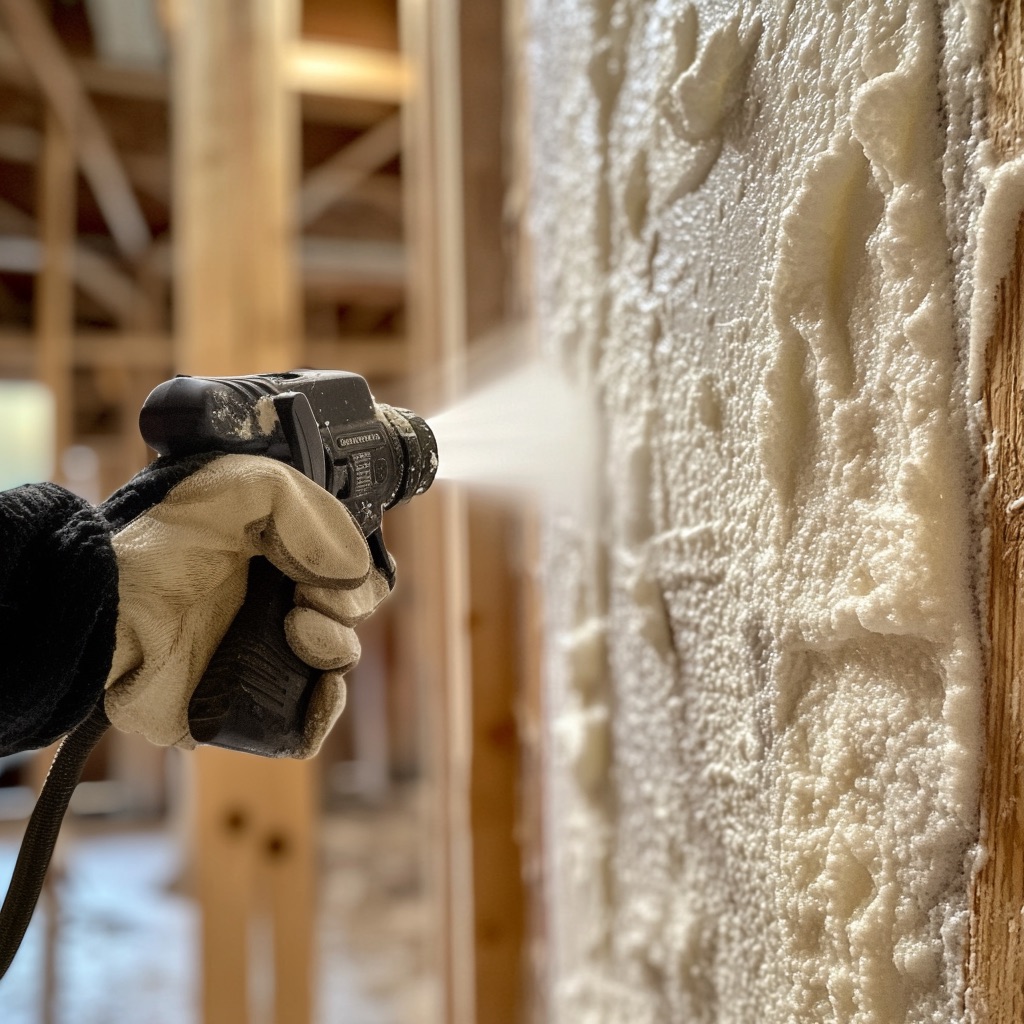Are you planning on tackling a roofing project soon? Whether it’s repairing damages, replacing an old roof, or building a new one from scratch, ensuring its success is crucial to the safety and protection of your home.
Unfortunately, roofing projects can be quite overwhelming and complex, leading to potential mistakes and problems if not done properly. To avoid any headaches and ensure a successful roofing project, let’s take a look at some important steps to follow.
Hiring a Qualified Contractor

When hiring a roofing contractor, do your due diligence to find a qualified professional who can get the job done right. For those in the area, look for Edmonton roofing contractors that are reputable and have a good track record. Make sure to check their license, insurance, and references before making a decision.
Above all, don’t simply choose the cheapest option even though it may be tempting. While it may save you some money upfront, know that quality work comes with a price. The good news is that high quality often translates to long-term cost savings as well, so make sure to weigh your options carefully.
Obtaining Permits
Before starting any roofing project, it’s essential to obtain the necessary permits from your local building authority. These permits ensure the project adheres to local building codes and safety standards. Skipping this step might seem like a time-saver, but it could lead to hefty fines and complications further down the line.
In many cases, work undertaken without a permit can affect your house insurance or future sales. Imagine completing a beautiful new roof only to find out it needs to be taken down and redone because you didn’t get the required permits. Save yourself the trouble and make sure all necessary permits are in place.
Creating a Budget

Crafting a realistic budget is critical for any roofing project to prevent financial overruns and unexpected costs. Here are some tips to get you started:
- Get multiple quotes from different contractors and compare them.
- Consider additional costs such as materials, labor, permits, and unexpected repairs.
- Leave some wiggle room for unforeseen circumstances or changes in plans.
- Stick to the budget as strictly as possible.
You can even discuss your budget with your contractor and ask for their input and recommendations. A good contractor will work with you to find a solution that meets both your needs and budget.
Timeline Scheduling
Setting a realistic timeline is paramount to the management of a roofing project. First and foremost, discuss with your contractor the best time to begin, factoring in weather conditions and contractor availability. Clearly define the project’s start and end dates, and establish milestones for significant phases such as material delivery, roof removal, and project completion.
Keep in mind that delays may occur due to unforeseen weather or material shortages, so it’s wise to build in extra time to accommodate these potential setbacks. Transparent and frequent communication with your contractor will keep the project on track and ensure that any timeline adjustments are handled with minimal disruption.
Safety Measures
Roofing projects can be dangerous, so it’s crucial to prioritize safety throughout the entire process. Make sure your contractor has proper safety protocols and equipment in place. Additionally, establish guidelines for yourself and any family members or pets who may be around the construction site.
Most importantly, make sure that the work area is kept clean and organized to prevent accidents. Regular inspections and safety meetings throughout the project can also mitigate any potential hazards.
Supervision and Inspection
Effective supervision and thorough inspections are the final steps to ensure a successful roofing project. Your contractor should have a designated team leader or supervisor overseeing the project and ensuring that all work is done correctly.
Schedule regular inspections during and after the project to catch any potential issues early on. If you notice any problems or concerns, address them immediately with your contractor before they escalate into larger problems. Once the project is complete, do a final walkthrough and make sure all work meets your satisfaction.
Warranty and Follow-up
Your roof doesn’t stop needing care and maintenance once the project is complete. Make sure your contractor provides a warranty for their work, typically ranging from 5-10 years, to cover any potential defects or issues that may arise.
Stay in touch with your contractor and make sure to schedule regular inspections and maintenance to ensure your roof stays in top condition. With proper care and attention, your new roof will last for years to come.
Following these steps may add some extra time and effort to your roofing project, but it’s well worth it to ensure its success. With the right contractor, permits, budgeting, timeline scheduling, safety measures, supervision, and follow-up, you can have peace of mind knowing that your new roof is built to last. Happy roofing!
Recap




